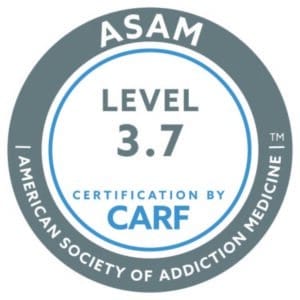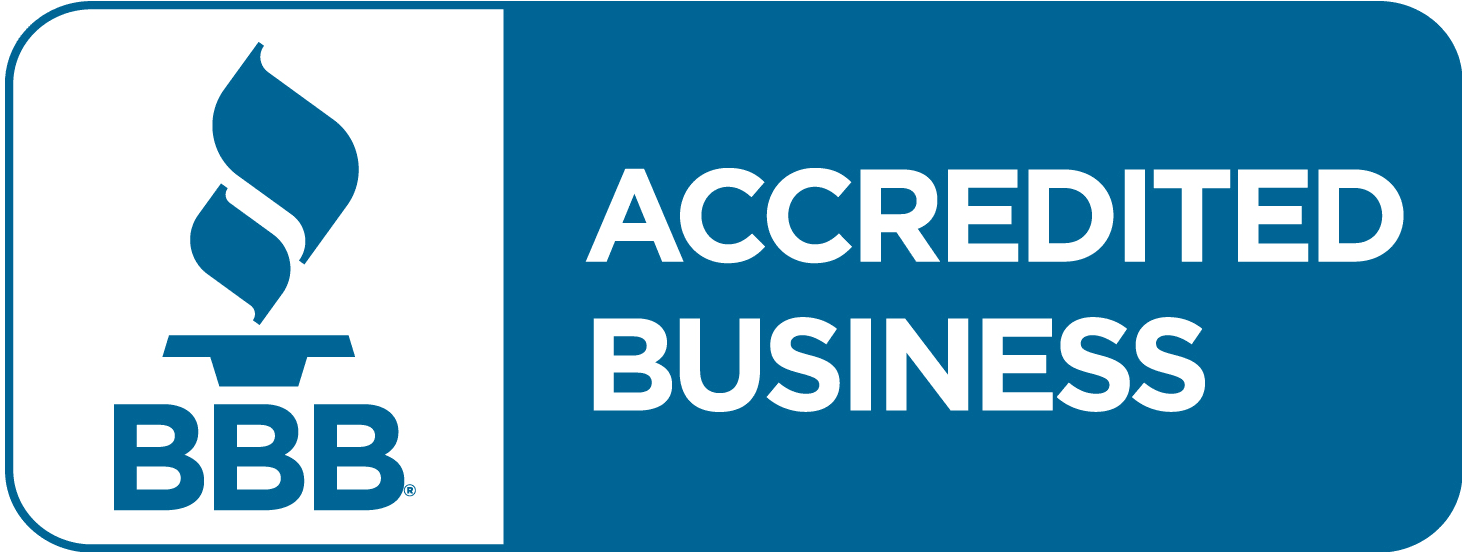Identity in Recovery: Reclaiming Self Beyond the Label
Understanding Identity in the Context of Recovery
Identity in recovery is a central part of the recovery journey. It shapes how individuals see themselves during and after the recovery process. For many, the shift begins by letting go of the label of “addict” and building a positive recovery identity that reflects growth, self-worth, and purpose. This evolving sense of identity supports long-term recovery and promotes a life beyond addiction.
Defining Identity Beyond the “Addict” Label
The term “addict” can reduce a person to their active addiction, ignoring the complexity of their personal identities. At Opus Treatment, we help each person in recovery define themselves beyond their past. Instead of framing life through drug use frames, we emphasize strength, potential, and purpose. Replacing an addiction identity with a stronger recovery identity plays a pivotal role in building confidence and long-term wellness.
The Role of Self-Esteem and Self-Perception
Many people in recovery struggle with negative self-talk and low self-worth. Developing a positive identity requires intentional effort, such as engaging in creative pursuits, establishing self-care routines, and building healthier relationships. These practices help shift negative thought patterns and support the development of a daily recovery identity grounded in purpose and healing.
The Impact of Societal Perceptions
Stigma from society continues to be a barrier to recovery. Public views often portray substance users as dangerous or unworthy. These perceptions can lead to shame, isolation, and reduced access to addiction treatment. Breaking down these ideas is a key aspect of healing. A recovery-focused social context that encourages support, understanding, and empowerment helps promote recovery outcomes.

Navigating Stigma in Recovery
Stigma affects how people in recovery view themselves. When individuals internalize negative labels, it can delay or disrupt the pathway to recovery. Opus Treatment creates a safe space where clients can reject harmful stereotypes and focus on growth. We encourage language and self-talk that reinforces positive aspects of identity and progress on the path to recovery.
The Influence of the “War on Drugs”
The “War on Drugs” framed drug users as criminals rather than people needing help. These policies widened the gap between substance use treatment and those who need it most. They contributed to social exclusion and deepened addiction-related stigma. Understanding this social context helps us reshape how we approach recovery from addiction, making it more inclusive and supportive.
Empowerment Through Positive Self-Identity
Creating a positive recovery identity gives individuals control over their lives. Recognizing personal achievements, rebuilding supportive relationships, and engaging in creative outlets help people see themselves through a lens of success. Positive affirmations, purpose-driven goals, and acts of self-kindness all contribute to a more empowered view of self.
The Power of Language and Self-Narratives
How someone talks about themselves directly impacts recovery. Referring to oneself as a “person in recovery” rather than an “addict” reinforces a strong sense of hope. This shift aligns with the social identity theory and social identity model, which show that how we define ourselves affects our behavior and choices. Positive self-narratives are a component of recovery with a clear psychological impact.
Strategies for Positive Identity Transformation
A new recovery identity develops over time. Tools such as journaling, therapy, social networks, and involvement in online communities offer support and insight. Building a supportive network of peers, participating in residential treatment, and engaging in creative pursuits allow individuals to discover meaning in their daily life and redefine their values.
The Role of Social Supports in Recovery
Social relationships are central to building and maintaining identity. Research shows that social identity is linked to better treatment outcomes and sustained recovery. At Opus Treatment, we help clients develop meaningful connections that reinforce their new identity.
Therapeutic Communities
A therapeutic community is a structured environment where people live and grow in recovery together. These settings foster positive relationships, shared responsibility, and group accountability. They support identity in addiction recovery by providing consistent feedback, mutual respect, and a strong sense of purpose.
Mutual Aid Groups and Support Networks
Groups like Alcoholics Anonymous and other peer-led meetings offer valuable social support. These groups help create a recovery community center where shared values and identity promote progress. Whether in-person or on online forums, being part of a group reinforces identity in sobriety and helps individuals feel accepted and understood.
Beyond the Disease Model of Addiction
The model of recovery goes beyond clinical treatment. While biology plays a role, recovery also includes emotional growth, social change, and cultural context. Identity work connects deeply with these elements, offering a path that respects individuality and supports quality of life through meaning and purpose.

Exploring Broader Socioeconomic Conditions
Factors in substance use such as poverty, discrimination, trauma, and lack of education must be addressed. Without acknowledging these, we risk overlooking important pathways into addiction and missing opportunities for healing. Recovery thrives when communities provide real alternatives and remove structural barriers.
The Importance of a Holistic Approach
Effective substance use treatment includes mental health care, physical wellness, vocational training, and relationship repair. This holistic approach treats the whole person and supports all aspects of their identity in substance use and identity beyond addiction. At Opus Treatment, we use this framework to support long-term success.
Reshaping Societal Structures for Recovery
To improve recovery outcomes, society must offer alternatives to incarceration and isolation. Supporting people in recovery with access to housing, employment, and education builds dignity and purpose. We need systems that recognize recovery as a transformative process, not just a medical issue.
Sustainable Alternatives for Individuals
Sustainable recovery requires more than abstinence. It involves stable housing, supportive employment, and access to continued care. People need opportunities to build a sense of accomplishment and sense of meaning that sustain motivation and growth.
Facilitating Community Reintegration
Returning to daily life after treatment is often difficult. People may face housing issues, employment challenges, or damaged relationships. Programs that provide supportive relationships and guidance during this time are crucial for rebuilding social identity and ensuring successful reintegration.
Challenges and Opportunities in Recovery
Obstacles in recovery include self-doubt, stigma, and relapse. However, they also present opportunities to strengthen identity and clarify values. Building a positive recovery identity helps people overcome setbacks and move forward on their journey of recovery.
Overcoming Personal Obstacles
Therapy and peer support help address guilt, shame, and trauma. By processing these emotions and reframing beliefs, individuals gain clarity and confidence. Self-care practices, group therapy, and meaningful goals help reshape identity and reduce relapse risk.
Transforming Societal Attitudes
Recovery becomes easier when the world around us supports it. Changing attitudes through education, compassion, and inclusive policies creates space for people to thrive. Sharing narratives of recovery helps others understand the effects of recovery identity and the power of supportive environments.
Frequently Asked Question's
Identity plays a crucial role in the recovery journey because how individuals view themselves can influence their behavior and motivation. When someone shifts from an addiction identity to a recovery identity, it reinforces hope, self-worth, and the belief that change is possible. A strong sense of identity in recovery supports long-term sobriety and helps build a healthier, more fulfilling life beyond addiction.
Supportive relationships are a key component of recovery. Being part of recovery-focused social networks, such as mutual aid groups or therapeutic communities, helps people develop a positive recovery identity. These environments offer validation, encouragement, and a sense of belonging—each of which strengthens identity and improves recovery outcomes.
Building a positive identity in recovery involves daily self-care, setting achievable goals, exploring creative outlets, and engaging in therapy. Changing negative thought patterns, using positive affirmations, and connecting with others who share similar values all contribute to a stronger, more positive self-image. These efforts reinforce the idea that a person is more than their past substance use.
Treatment programs like those at Opus Treatment focus on the whole person, not just the addiction. Through individual counseling, group therapy, and structured support, clients can explore their values, redefine their purpose, and rebuild their sense of identity. By offering a safe space and holistic care, treatment provides the foundation for a positive recovery identity and sustained progress.












